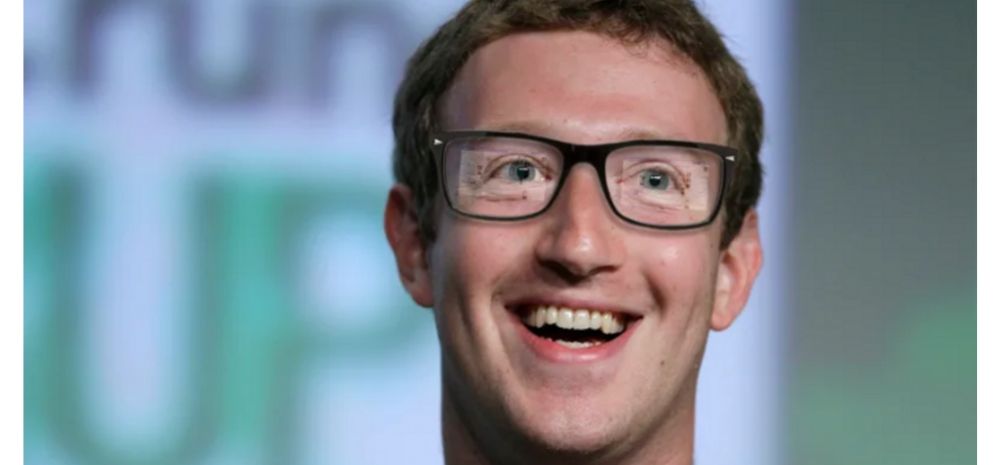Facebook Aims To Replace Smartphones With Smart Glasses By 2023; Joins Forces With Ray-Ban For Project ‘Orion’

The social-networking giant Facebook has been working relentlessly in fields outside of social media, be it in cases of better privacy, or technologies like blockchain and cryptocurrency. Some time back, Facebook had brought to public notice that it had started with the development of its own Blockchain unit and has every one in 5 employees from the payment platform, PayPal Holdings Inc.
This however is about Facebook’s plunge into its own Augmented Reality glasses that was announced by Zuckerberg at the company’s 2016 developer conference. The project named as ‘Orion’ now has some details revealed about its base and we can finally expect some possible time frame.
A Deeper Understanding of ‘Orion’ Project
Augmented Reality and Virtual Reality has always been sectors where major tech firms and giants have tried their hands on and has a major scoop of growth today. So now, we have leads on Facebook’s respective share.
Facebook’s AR smart glasses code named as ‘Orion’, after the hunter in Greek mythology is the most recent project the company has been working upon, developing by its very own Facebook Reality Labs, which has managed to dissolve Regina Dugan’s Building 8 Skunkworks group, from Redmond, Washington.
Facebook has a vision of replacing smartphones with their smart glasses, which would comprise of a small screen letting users take calls, livestream to friends and show other information. This push for a standalone gadget that houses both processing and connectivity might delay Facebook’s effort.
As far as user interface is concerned, the social giant has decided to do that by assigning a voice assistant that’s being developed by the same team. Facebook has also experimented on a “ring device” codenamed “Agios” that uses a motion sensor to give users another entry method.
To achieve the same, Facebook is allegedly known to enter into a partnership with Luxottica, which owns several eyewear brands, to help development. It is miniaturizing the device into a form factor that consumers will find appealing.
As far as a dedicated timeline is concerned, Facebook is reportedly targeting sometime between 2023 and 2025 to have smart glasses ready for consumers but there’s no ultimate guarantee regarding the same. Zuckerberg has instructed Facebook hardware head Andrew Bosworth to prioritize development.
Similar Projects by Apple, Google and Microsoft
There is obviously no push with a teed bit of competition today. Facebook’s desire to replace smartphones with its smart glasses in many ways will give the social media company a chance to control an end-to-end hardware and software platform without being screened by Android or iOS.
Apple too has been working on similar lines, posing major competition to Facebook. Its analogous product is being tied to its iPhone, which is very much like the first-generation Apple Watch.
Apart from this, Microsoft via its Microsoft HoloLens and the Magic Leap One are standalone devices that are very bulky on the head. Google too has been working on the similar model, however its smart glasses efforts and development has been very quiet compared to Apple, Microsoft and now Facebook.
The Google AR & VR division seems very much quietly working, with most developments being for phone-based augmented reality and building the services groundwork.

Comments are closed, but trackbacks and pingbacks are open.